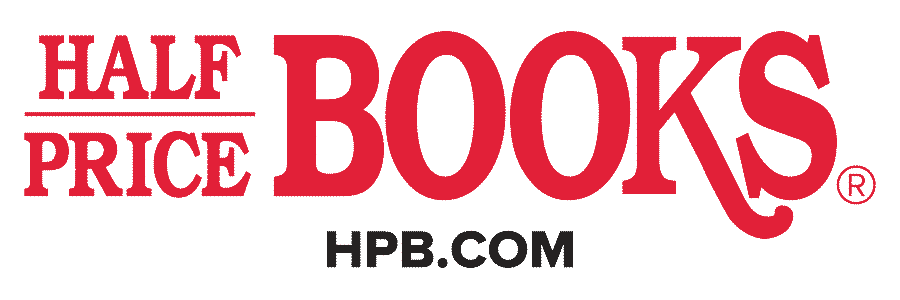Overview
In his widely acclaimed book Hypertext George P. Landow described a radically new information technology and its relationship to the work of such literary theorists as Jacques Derrida and Roland Barthes. Now Landow has brought together a distinguished group of authorities to explore more fully the implications of hypertextual reading for contemporary literary theory.
Among the contributors, Charles Ess uses the work of J rgen Habermas and the Frankfurt School to examine hypertext's potential for true democratization. Stuart Moulthrop turns to Deleuze and Guattari as a point of departure for a study of the relation of hypertext and political power. Espen Aarseth places hypertext within a framework created by other forms of electronic textuality. David Kolb explores what hypertext implies for philosophy and philosophical discourse. Jane Yellowlees Douglas, Gunnar Liestol, and Mireille Rosello use contemporary theory to come to terms with hypertext narrative. Terrence Harpold investigates the hypertextual fiction of Michael Joyce. Drawing on Derrida, Lacan, and Wittgenstein, Gregory Ulmer offers an example of the new form of writing hypertextuality demands.
- Format: Trade Paperback
- Author: Landow, George P.
- ISBN: 9780801848384
- Condition: Used
- Dimensions: 9.00 x 1.00
- Number Of Pages: 392
- Publication Year: 1994

